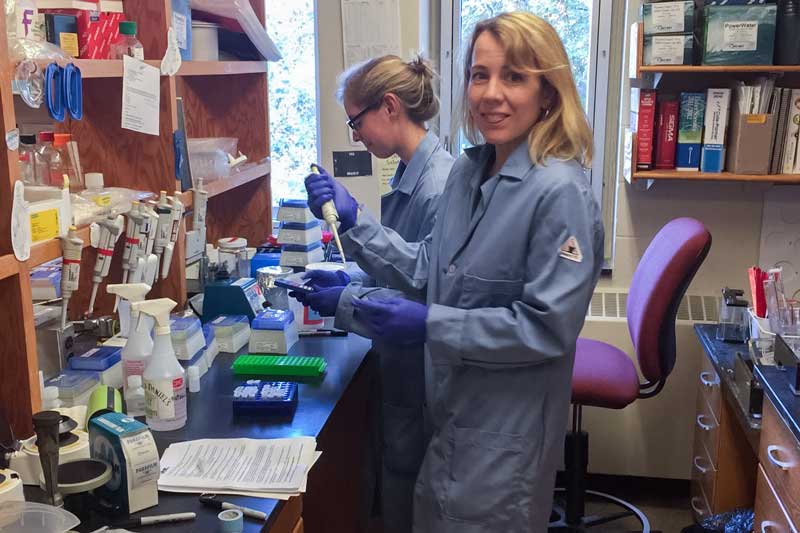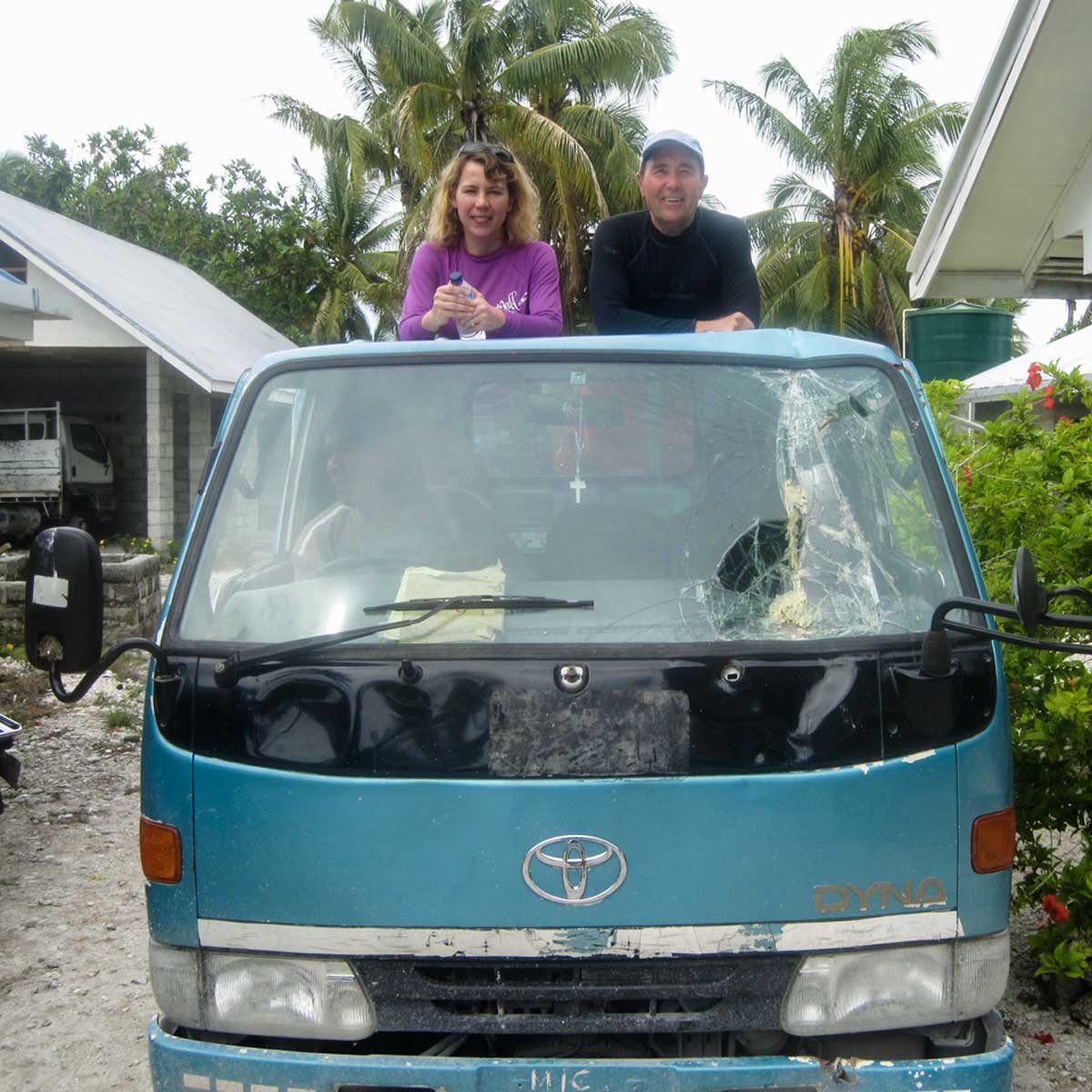
Anderson Lab
Investigators
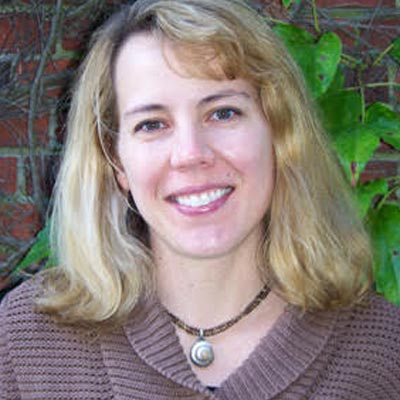
Mindy Richlen, Ph.D.
Woods Hole Oceanographic Institution
[email protected]
Mindy Richlen is a Research Specialist at the Woods Hole Oceanographic Institution (WHOI). Dr. Mindy Richlen is a Research Specialist in Don Anderson’s lab at the Woods Hole Oceanographic Institution. She has been involved in ciguatera research for over a decade, including lab and field investigations examining the population dynamics, physiology, and diversity of Gambierdiscus spp. and other toxigenic benthic dinoflagellates. Her participation in the GCCCR will focus on characterizing Gambierdiscus species diversity and community composition at the study sites sing molecular based approaches (e.g., molecular probes, qPCR T-RFLP). In addition, she will help to train and mentor undergraduate and graduate students participating in this program.
Learn More... (whoi.edu)
Mindy Richlen is a Research Specialist at the Woods Hole Oceanographic Institution (WHOI). Dr. Mindy Richlen is a Research Specialist in Don Anderson’s lab at the Woods Hole Oceanographic Institution. She has been involved in ciguatera research for over a decade, including lab and field investigations examining the population dynamics, physiology, and diversity of Gambierdiscus spp. and other toxigenic benthic dinoflagellates. Her participation in the GCCCR will focus on characterizing Gambierdiscus species diversity and community composition at the study sites sing molecular based approaches (e.g., molecular probes, qPCR T-RFLP). In addition, she will help to train and mentor undergraduate and graduate students participating in this program.
Learn More... (whoi.edu)

Don Anderson, Ph.D.
Woods Hole Oceanographic Institution
[email protected]
Don Anderson is a Senior Scientist at the Woods Hole Oceanographic Institution (WHOI). His lab’s research focuses on toxic or harmful algal blooms (HABs). His research ranges from molecular and physiological studies of growth, sexuality, and toxin production to the large-scale oceanography and ecology of blooms, including numerical modeling, forecasting, and monitoring and management strategies, many reliant on novel instrumentation and biosensors. Anderson is the author, co-author, or editor of over 330 scientific papers and 14 books. For the GCCCR, the Anderson laboratory will share extensive experience in field sampling and analysis methods for assessing Gambierdiscus abundance and species diversity.
Learn More... (whoi.edu)
Don Anderson is a Senior Scientist at the Woods Hole Oceanographic Institution (WHOI). His lab’s research focuses on toxic or harmful algal blooms (HABs). His research ranges from molecular and physiological studies of growth, sexuality, and toxin production to the large-scale oceanography and ecology of blooms, including numerical modeling, forecasting, and monitoring and management strategies, many reliant on novel instrumentation and biosensors. Anderson is the author, co-author, or editor of over 330 scientific papers and 14 books. For the GCCCR, the Anderson laboratory will share extensive experience in field sampling and analysis methods for assessing Gambierdiscus abundance and species diversity.
Learn More... (whoi.edu)
Technicians
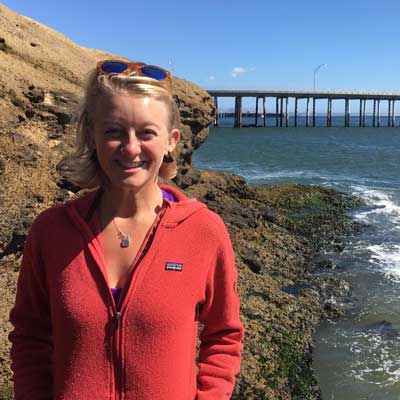
Kali Horn
Research Assistant
Meet Kali! Kali was a Northeastern co-op in the Anderson Lab who recently returned as a Research Assistant, hailing from the sunny shores of Northern California. Post bachelors, she worked as a marine science instructor/dive master at Catalina Island Marine Institute and shortly after dove into a Master’s program at California Polytechnic State University studying barnacle metabolism. After graduating and temporarily living out of a carry-on suitcase for some adventures, she is very excited to jump back into the world of harmful algal blooms. In her free time, she likes to scuba dive, backpack, and explore!
Meet Kali! Kali was a Northeastern co-op in the Anderson Lab who recently returned as a Research Assistant, hailing from the sunny shores of Northern California. Post bachelors, she worked as a marine science instructor/dive master at Catalina Island Marine Institute and shortly after dove into a Master’s program at California Polytechnic State University studying barnacle metabolism. After graduating and temporarily living out of a carry-on suitcase for some adventures, she is very excited to jump back into the world of harmful algal blooms. In her free time, she likes to scuba dive, backpack, and explore!
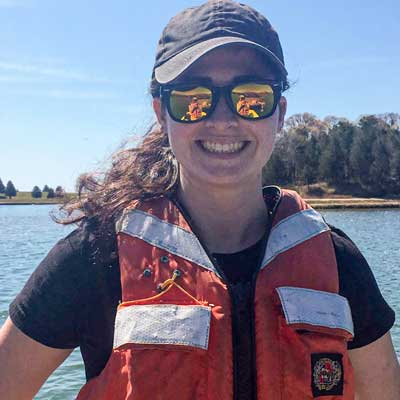
Victoria Uva
Research Assistant
Meet Victoria! Research Assistant Victoria Uva joined the Anderson lab in 2019 after getting her degree in Molecular Environmental Biology from UC Berkeley. At Berkeley, she did fieldwork in river ecology, frequently encountering cyanobacteria and kicking off an interest in HABs. In the Anderson lab, she maintains research cultures for a variety of toxic algae species and performs fluorescence hybridizations to identify toxic subspecies of Gambierdiscus and Alexandrium. Her fieldwork frequently takes her to Nauset, MA, but has also taken her as far afield as the Bay of Fundy and the Chukchi Sea, northwest of Alaska.
Meet Victoria! Research Assistant Victoria Uva joined the Anderson lab in 2019 after getting her degree in Molecular Environmental Biology from UC Berkeley. At Berkeley, she did fieldwork in river ecology, frequently encountering cyanobacteria and kicking off an interest in HABs. In the Anderson lab, she maintains research cultures for a variety of toxic algae species and performs fluorescence hybridizations to identify toxic subspecies of Gambierdiscus and Alexandrium. Her fieldwork frequently takes her to Nauset, MA, but has also taken her as far afield as the Bay of Fundy and the Chukchi Sea, northwest of Alaska.
Photos
